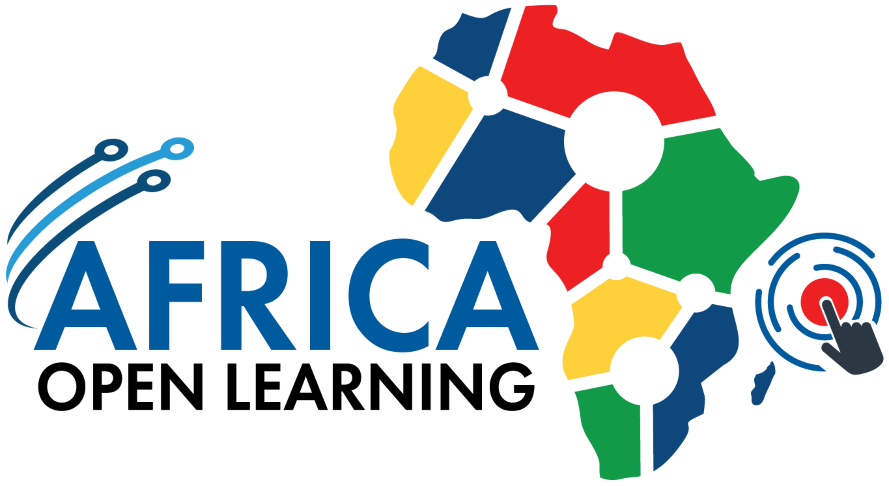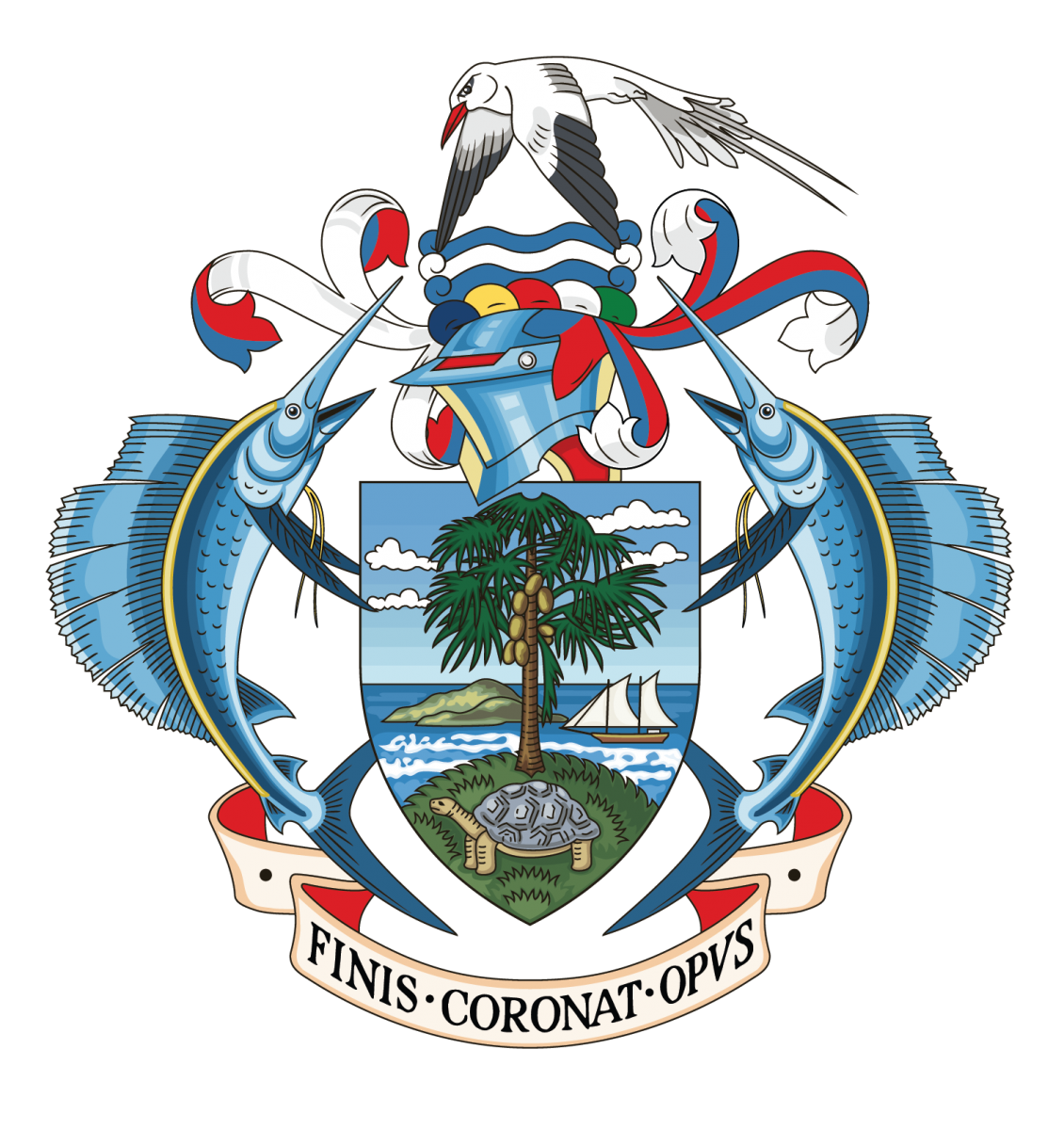Flexible Learning That Enhances Your Potential
Micro-credential certification in Cognitive Psychology PSY 2114 (BPSY)
Overview:
Awarding Body:
 This programme is designed, delivered, assessed and awarded by SEGi University through the Africa Open Learning Platform.
This programme is designed, delivered, assessed and awarded by SEGi University through the Africa Open Learning Platform.
Endorsement & Recognition:
Discipline:
Psychology
Entry Requirements:
Entry Requirements - No
Age Experience - 23 Years Above
Language Proficiency - Yes
Numeracy Proficiency - No
Pre-requisites - No
Programme Structure:
Coursework - 60%
Exam - 40%
Contents:
- Cognitive Psychology : An Introduction
- Memory and cognition defined
- An introductory history of cognitive psychology
- Cognitive psychology and information processing
- The assumptions of cognitive psychology
- The Cognitive Science Approach
- Measuring Information processes
- The Information-Processing Approach
- The Modern Cognitive Approach: Cognitive Science
- Neurocognition: The brain and cognition together
- Neural Net Models: Connectionism
- Perception and Pattern Recognition
- Visual perception
- Pattern recognition: written language
- Object recognition and Agnosia
- Auditory perception
- Attention
- Basic input attentional processes
- Controlled, voluntary attention
- Attention as a mental resource
- Short-Term Working Memory
- Short-term memory
- Short-term memory retrieval
- Working memory
- Learning and Remembering
- Storing information in episodic memory
- Retrieving episodic information
- Amnesia and implicit memory
- Knowing
- Semantic memory
- Schemata and Scripts
- Context, connectionism, and the brain
- Using Knowledge in the Real World
- Situation Models and Embodied Cognition
- Metamemory
- False memories, Eyewitness Memory and "Forgotten Memories"
- Autobiographical Memories
- "Language
- Defining language
- Phonology: The sounds of language
- Syntax: the ordering of words and phrases
- Lexical and Semantic Factors: the meaning in language
- Brain and language
- Comprehension: Written and Spoken Language
- Reading
- Reference, Situation Models, and events
- Conversation and gesture
- Problem Solving
- Gestalt Psychology and problem solving
- Basics of problem solving
- Improving your problem solving
- "Decisions and Judgments
- Decisions about physical differences
- Decisions about symbolic differences
- Decisions about geographic distances
- Reasoning
- Syllogisms
- Conditional reasoning: If P then Q
- Hypothesis testing
- Limitations in reasoning
Assessments:
Coursework - 60%
Exam - 40%
Credit Transfer:
Upon successful completion of this Micro-credential certification in Cognitive Psychology (BPSY), students will be able to transfer grades and credits into the following programme(s):
- Bachelor of Psychology
Continuing Education:
Upon successful completion of this Bachelor of Psychology programme and meeting the necessary entry requirements, students will be able to progress into the following programme(s):
- Master of Psychology

